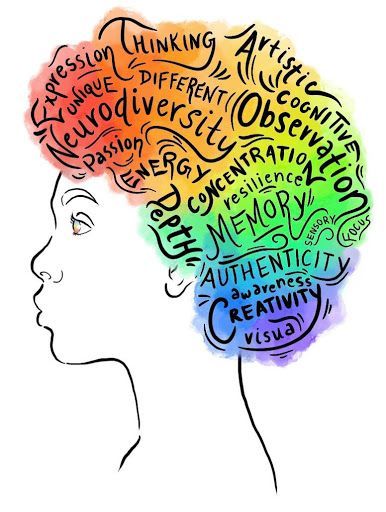Debunking Neurodiversity Myths in the Workplace
Following Neurodiversity Celebration Week, which took place from 18th to 24th March, it's important to address and dispel prevailing misconceptions surrounding integrating neurodivergent individuals in the workplace. Despite the growing evidence supporting the advantages of cognitively diverse teams—such as increased productivity, enhanced decision-making, and heightened innovation—many organisations remain apprehensive about embracing neurodivergent talent. This reluctance not only sidelines a significant portion of the global talent pool, estimated at 15-20 per cent but also hampers organisational growth and innovation.

Debunking Common Myths
Equitable Hiring Practices: Accommodating neurodivergent individuals during the hiring process, such as by providing interview questions in advance, does not confer an unfair advantage but levels the playing field, addressing higher unemployment rates among this demographic.
Cost-effective Accommodations: Contrary to the belief that adjustments for neurodivergent employees are expensive and disruptive, many strategies—like flexible work hours and quiet spaces—benefit all employees, promoting productivity and well-being without significant investment.
Broad Spectrum of Roles: The assumption that neurodivergent individuals are only suited for technology roles is unfounded. Neurodiversity encompasses a range of abilities and interests, making neurodivergent candidates valuable across various sectors.
Unrecognised Talent: Often, organisations believe they lack neurodivergent applicants; however, this may stem from restrictive job advertisements or a failure to communicate an inclusive culture. Broadening the understanding of job requirements and explicitly welcoming diverse applicants can attract neurodivergent talent.
Cultural Enrichment: Fears that hiring neurodivergent individuals might lead to cultural misalignment are misplaced. A genuinely inclusive culture values diversity, fostering an environment where all employees feel supported and valued, enhancing innovation and team dynamics.
Towards Inclusive Recruitment
Inclusive recruitment processes are essential for supporting neurodiversity in the workplace. Despite challenges, like the significantly lower employment rate for people with autism at 29 per cent, initiatives to support neurodivergent individuals can transform workplaces. By focusing on capabilities rather than disabilities, organisations can flip the script from viewing neurodivergent individuals as burdens to recognising them as assets.
In the wake of Neurodiversity Celebration Week, businesses are called upon to reevaluate their perceptions and practices regarding neurodiversity. By debunking myths and implementing inclusive hiring practices, organisations can unlock the full potential of a neurodivergent workforce. This shift not only benefits neurodivergent individuals but also enhances the overall innovation, productivity, and culture of businesses, paving the way for a more diverse and dynamic future.



